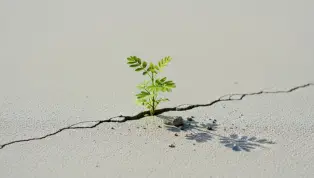The market is shifting. We’re seeing a decline in demand for purely “hands-on” entry-level jobs, while strategists, people with taste, big-picture vision, and diverse skills are becoming increasingly valuable. In the age of AI, the need for people who can connect the dots and think like a strategically thinking generalist is more important than ever.

As someone with an Eastern European background, I realized much of my childhood was about building the foundation for this generalist mindset. It was about hard work and building habits that give you an unfair advantage in the modern world.
Strategy Over Hands
It takes an average of 66 days to form a new habit, so stick with these. Consistency in small, daily actions, even without immediate results, is what wins. Here are the seven key habits that have helped me thrive for over a decade in business and on YouTube:

1. Earned Freedom: Strategically Choosing Discipline Before Motivation
This principle was deeply ingrained in my upbringing. Freedom comes strategically after discipline, not before. I learned early on that cartoons came only after homework, ballet, or cleaning my room.

The Marshmallow Test Connection: The famous marshmallow experiment showed that four-year-olds who could strategically wait 15 minutes to earn a second marshmallow grew up to earn significantly more money as adults. Delayed gratification is a powerful predictor of success.
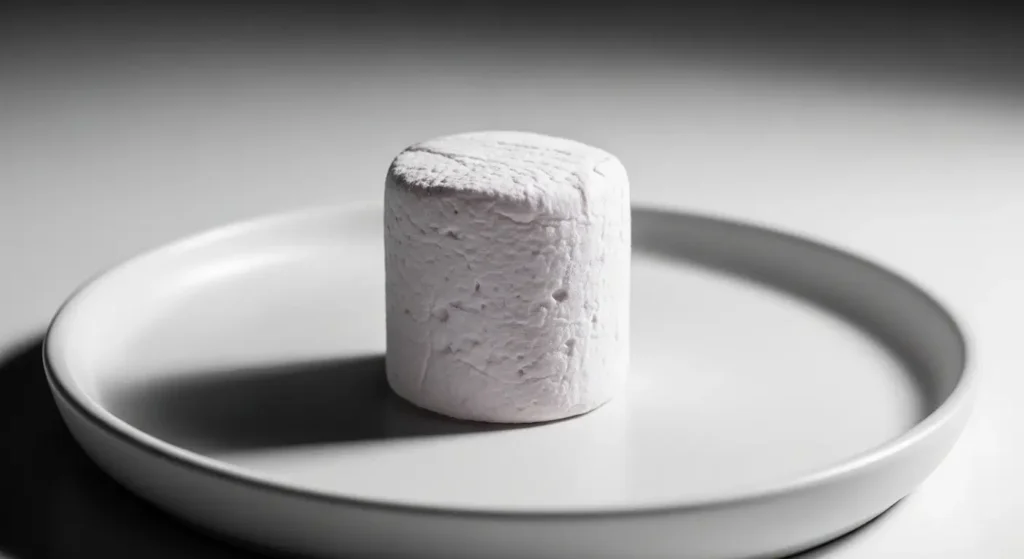
Actionable Takeaway: Don’t wait for motivation to strike; start grinding. Discipline is the engine that allows you to strategically work consistently for years without burning out.
2. Multi-Domain Experience: Strategically Leveraging the Generalist Advantage
In the AI era, being good at just one thing is no longer enough. The market isn’t just hiring “hands” to perform a single task; it needs people with a holistic understanding of taste, a deep grasp of the customer, and emotional intelligence. This is what AI can’t replace.
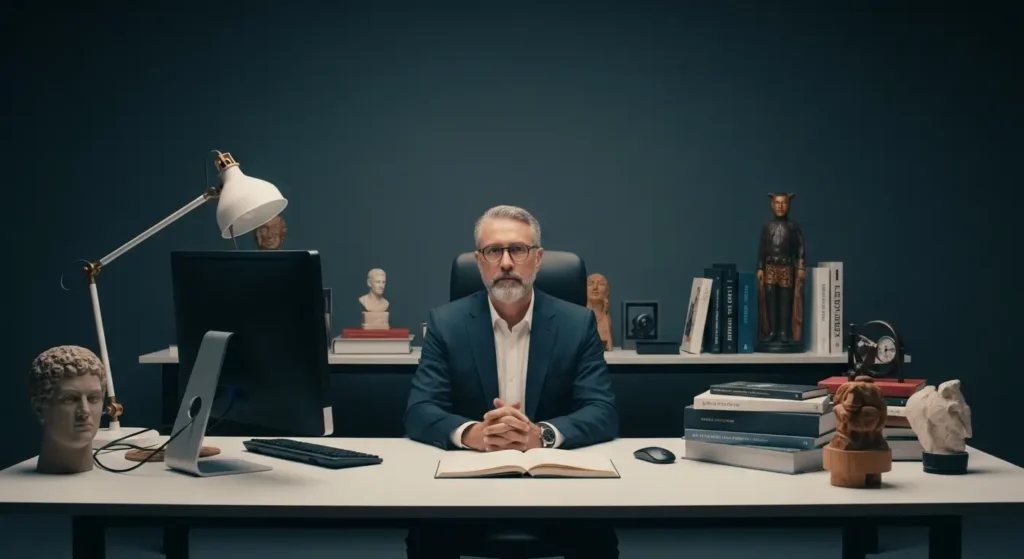
- Connecting the Dots: Excelling in various domains as a child (ballet, languages, sports, academics) now helps me connect ideas across business and life.
- Research Backs It Up: A 70-year Harvard study found wealthy adults were often forced to learn multiple skills as kids. Furthermore, generalists are now three times more likely to become tech leaders.
- Actionable Takeaway: Broaden your skillset. Everything from learning to code to understanding culture and even developing your personal style contributes to your overall personal brand and ability to innovate.

3. Creativity from Constraints: Strategically Turning Resourcefulness into Innovation
A lack of resources isn’t a limitation; it’s a spark for creativity. Starting my first business or my YouTube channel without fancy equipment forced me to be resourceful and figure things out on the fly, a trait investors actively look for.

- Innovation Under Pressure: My first marketing campaigns for Lingo Trip included painting on sidewalks and hosting English-speaking competitions in multiple schools. This innovation was caused by a lack of money.
- Mind-Blowing Discovery: Studies show that having fewer resources actually sparks more breakthrough innovations.
- Actionable Takeaway: Learn to make the most of what you have. Approach modern tools with an experimental mindset, constantly figuring out the best way to tell your story and solve problems.

4. Learning Through Comparison: Strategically Redefining Your Value
Growing up, I constantly heard comparisons: “Look at your neighbor, she got all as or ‘She’s already married.” This constant comparison taught me to strategically define my own value and use others’ success as motivation, not intimidation.
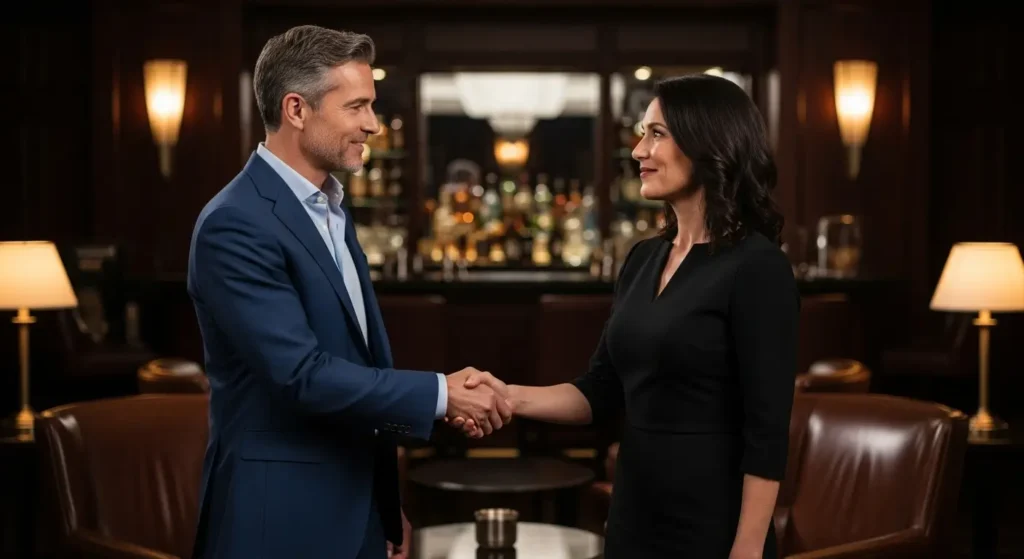
Focus on Your Own Goals: When you see someone building a billion-dollar company in a few months, don’t let FOMO (Fear Of Missing Out) take over. Ask yourself, “What was I doing?” If the answer is strategically growing my business, spending time with family, or traveling, then you are achieving your goals.

The Best Metric is You: Harvard research suggests that tracking your own progress beats comparing yourself to others. Always compare yourself to yourself and act strategically to improve.
5. Think Long-Term, Act Daily: Strategically Adopting the Marathon Mentality
My parents always pushed me to ask: “Where do you see yourself in five years? What is your big goal?” This long-term thinking has helped me build sustainable companies. My first business is 14 years old, and my YouTube career is 11 years old.

- Doubling Down Pays Off: The best results in any industry come after four to six years of dedicated, focused effort.
- Surround Yourself with the Best: Thinking long-term means constantly upgrading your environment. Hire and surround yourself with people who are better than you, people you would work for. This allows you to learn and motivates your continued growth.

6. Smart Money Habits: Strategically Spending Less Than You Earn
This simple habit, taught by my mother, is a foundational rule for financial freedom. You spend less than you earn, and you always put money into a savings account.
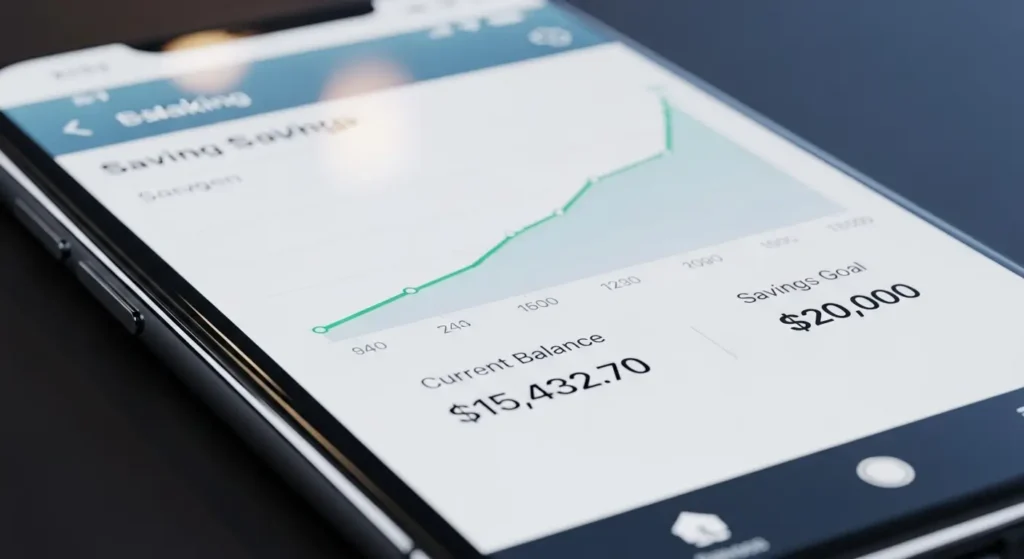
- Wealthy Habits: A striking 73% of wealthy people develop this habit in their childhood.
- Applying Long-Term Thinking to Money: Use the long-term mindset to evaluate your spending. Why overpay for a business class flight if you’re only flying for an hour? But it makes perfect sense to invest in comfort for a transatlantic flight. Think about the long-term consequences of your spending.

7. The Master Habit: Strategically Combining Discipline and Experimentation for Growth
This combination is the single most important reason my business and YouTube channel are still alive and growing. Discipline keeps you in the game, experimentation ensures you evolve.

- Discipline Keeps You From Quitting: If you don’t quit, you’ve already overcome the easiest option. I would have quit my channel seven or eight times in the past 11 years if it weren’t for pure discipline.
- Experimentation Prevents Stagnation: Not quitting and doing the same thing is stupid. If something isn’t working, you must keep experimenting and reinventing yourself. My shift to more tech and AI content on Instagram was a rebranding experiment that brought a fresh wave of growth and better brand partnerships.

How to Start Developing This Master Habit:
- Set a Non-Negotiable Daily Minimum: This is the easiest way to start discipline. One job application, 15 minutes with a new AI tool, or one post on LinkedIn.
- Add Experimentation: Each week, review what’s working and what’s not. Quantify your actions (views, comments, shares) to make it easier for your brain to act and calibrate.
- Celebrate Small Wins: Give yourself that dopamine hit when your discipline and experimentation produce a breakthrough to keep the momentum going.
What’s one small, non-negotiable action you can start doing today to build the foundation for a long-term habit?

